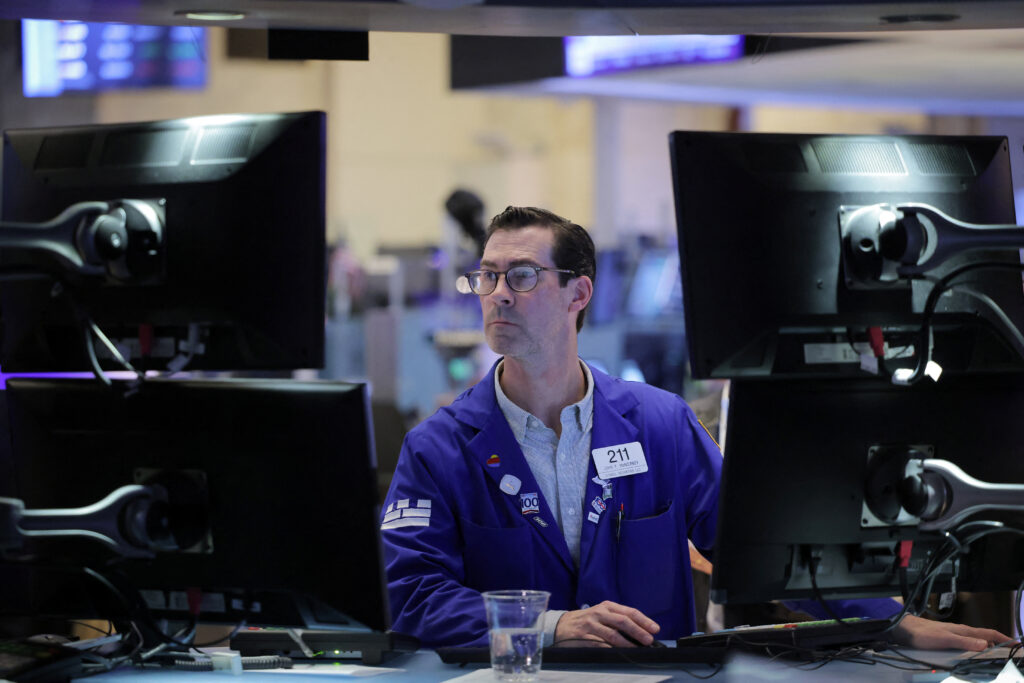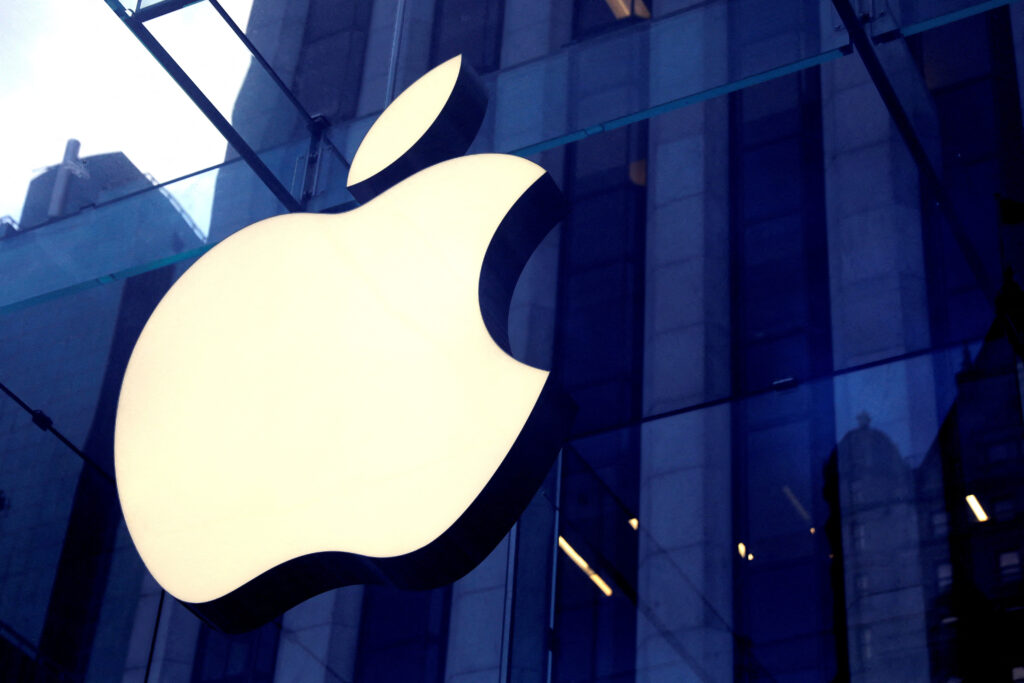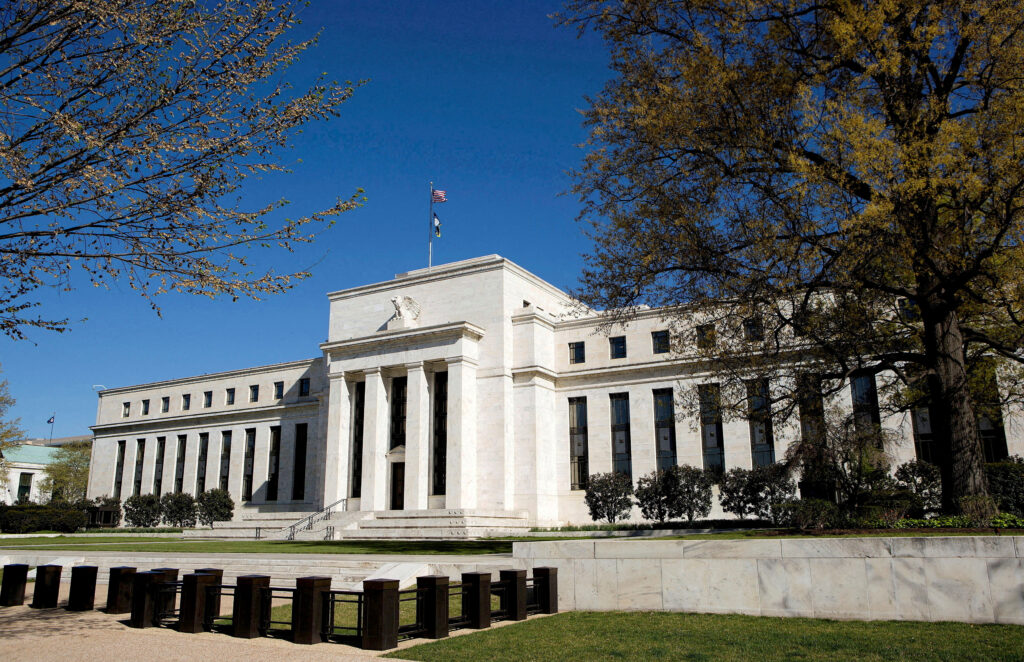WeWork Inc. (NYSE: WE) plans to file for bankruptcy next week as the SoftBank Group-backed firm grapples with an overwhelming debt burden and hefty losses.
The flexible workspace provider is expected to file for Chapter 11 bankruptcy protection in New Jersey, as reported by the Wall Street Journal on Tuesday.
Shares of WeWork Inc. (NYSE: WE) plummeted by 35% during pre-market trading on Wednesday following the reports. The New York-based company has watched its market value dwindle by nearly 98% as people continue to work from home.
WeWork, once a Silicon Valley darling valued at $47 billion (£38.7 billion), issued a warning in August, stating that bankruptcy was a looming threat unless it could improve liquidity and profitability within the next 12 months.
The shared office provider has undertaken various measures to reduce costs this year, including debt restructuring and lease renegotiations. The company also warned of shuttering underperforming locations. However, the company recently defaulted on interest payments in October, leading to a seven-day forbearance agreement with its lenders, as revealed in a regulatory filing on Tuesday.
David Tolley, the interim chief executive, was appointed as the permanent leader of the company to navigate these turbulent waters. He faces the daunting task of turning the business around.
Earlier this year, Mr. Tolley attributed the company’s woes to the oversupply of office space in the wake of the pandemic, citing “excess supply in commercial real estate, increasing competition in flexible space, and macroeconomic volatility” as factors contributing to higher member churn and softer demand.
WeWork, founded in 2010 by entrepreneur Adam Neumann, initially experienced rapid expansion during an era of low interest rates. However, the SoftBank-backed startup encountered insurmountable challenges, leading to the cancellation of its New York Stock Exchange listing in 2019. Investors had raised concerns about significant losses, corporate governance, and the sustainability of its debt-heavy business model.
Adam Neumann stepped down as chief executive under intense pressure from investors and board members shortly after the canceled initial public offering.
WeWork made its public debut two years later in a deal that valued the company at $8 billion, a mere fraction of its peak valuation in 2019.
Mark Glenn is a financial journalist and breaking news reporter for ABBO News. Mark is known for his ability to deliver real-time news updates on market developments, mergers and acquisitions, corporate earnings reports, and regulatory changes, helping investors stay informed and make sound financial decisions.










